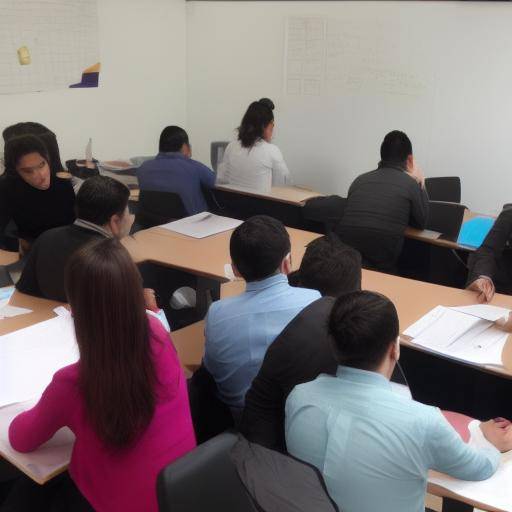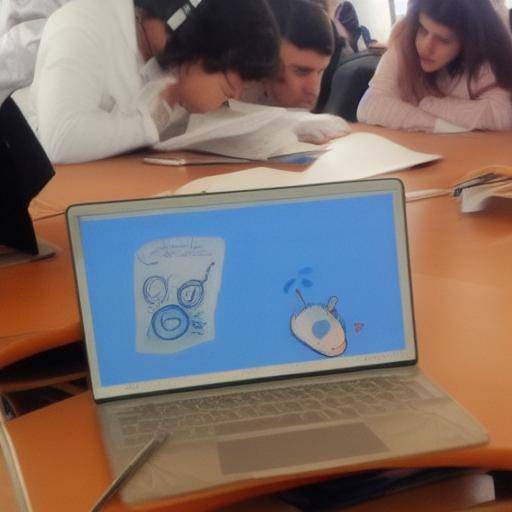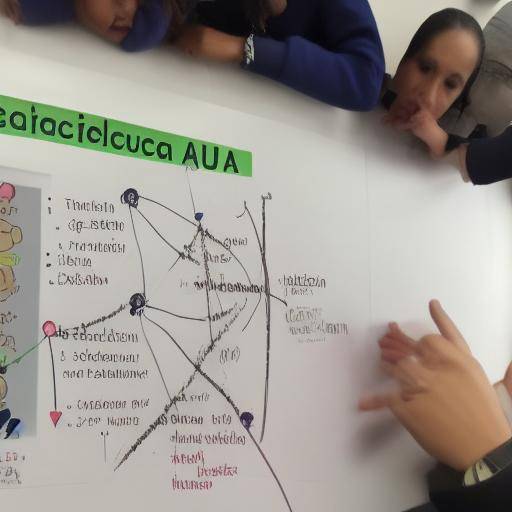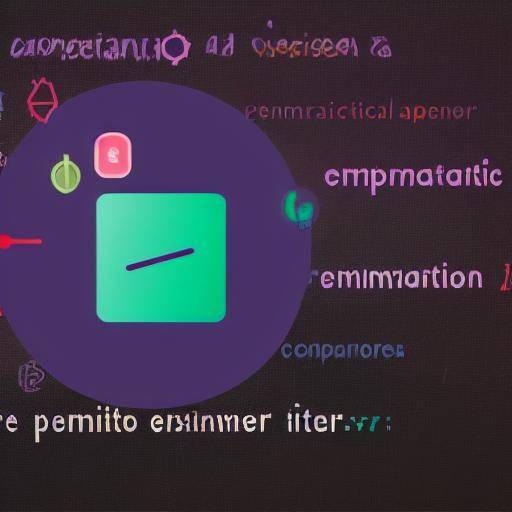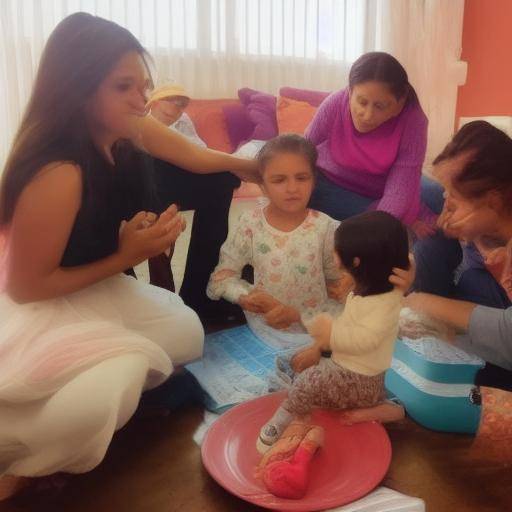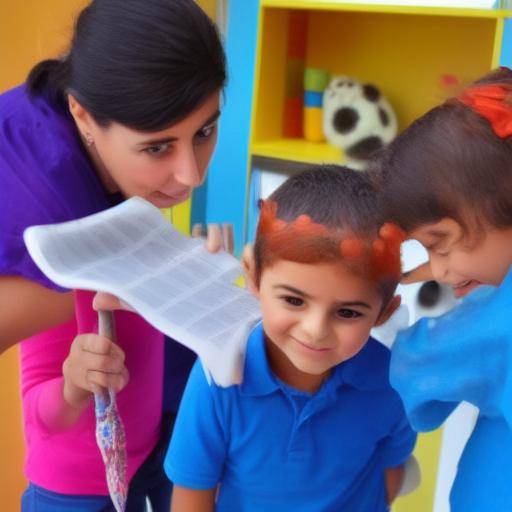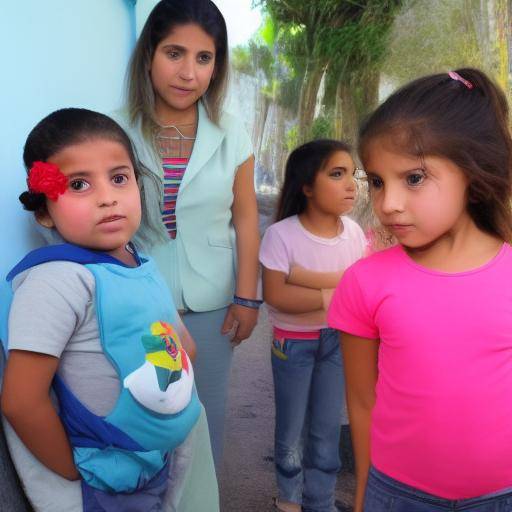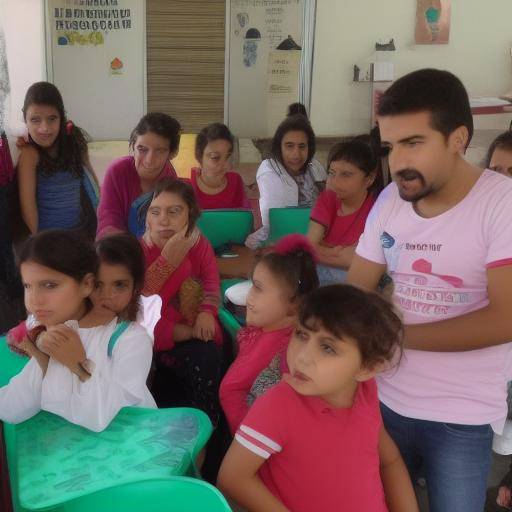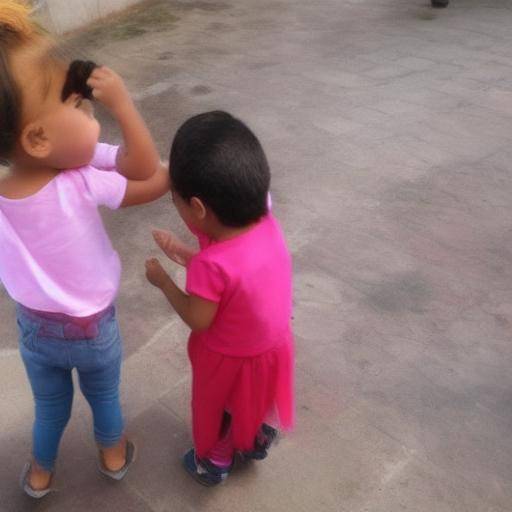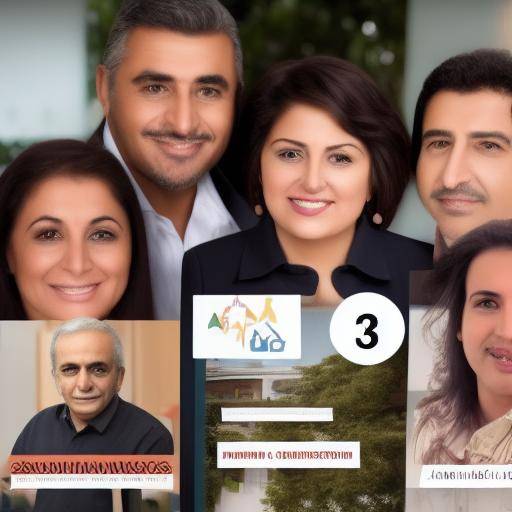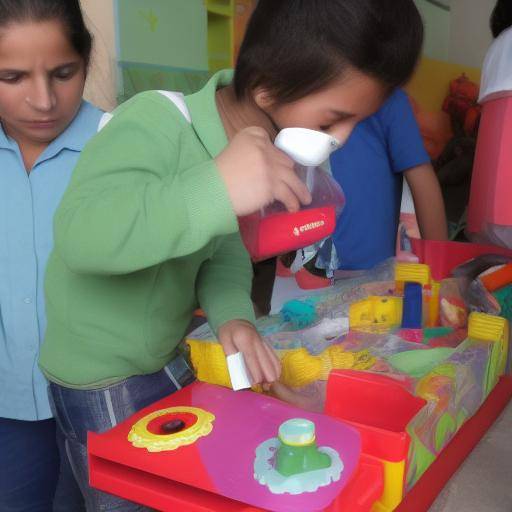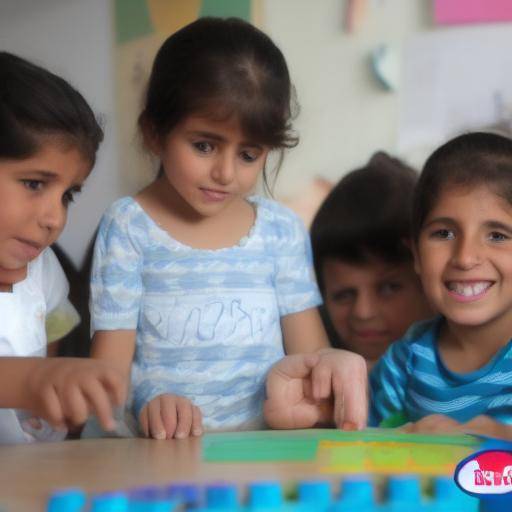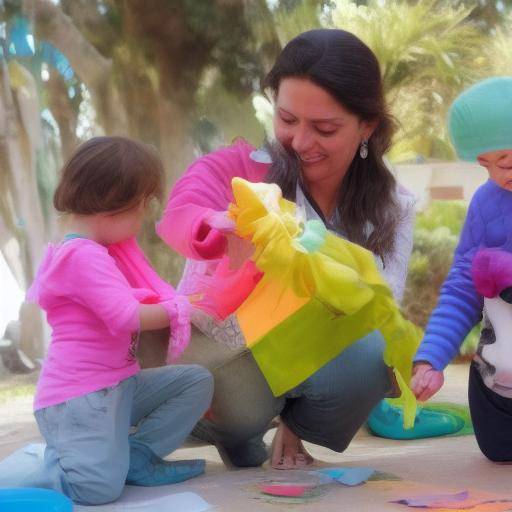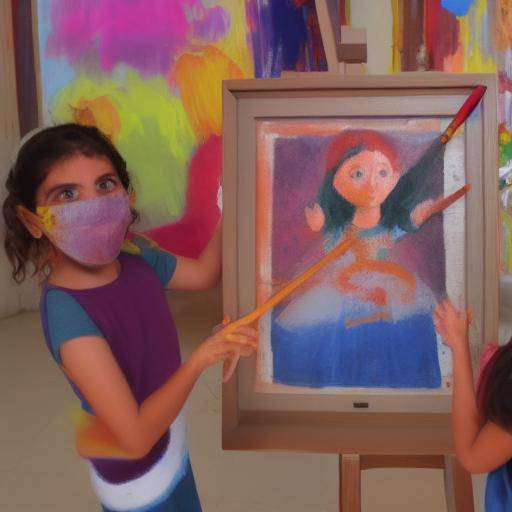
Empathy, a vital component in personal relationships, is a skill that allows us to understand, share and resonate with the feelings and experiences of others. In this article, we will thoroughly explore the concept of empathy, its importance in interpersonal relationships and how to effectively promote it. This content will provide a detailed and practical vision to cultivate empathy in different contexts, from personal to work.
Introduction
Empathy, often described as the ability to put in the place of others, is essential for building healthy and meaningful relationships. Encouraging empathy in daily interactions not only strengthens interpersonal links, but also promotes mutual understanding, emotional support and peaceful conflict resolution. In this article, we will explore how we can nurture and cultivate empathy in our personal relationships, which will allow us to promote an environment of understanding, acceptance and genuine connection.
History and Background
The idea of empathy has been studied throughout history, but it was the psychologist Edward Titchener who introduced the term "empathy" in psychology in the nineteenth century. Since then, it has become a central theme in disciplines such as psychology, neuroscience and sociology.
Over the years, the concept has evolved, from simply being regarded as a human quality to being recognized as a key element in interpersonal relationships, education and leadership. Empathy has been at the centre of numerous philosophical and scientific debates, and its relevance continues to grow in contemporary society.
Deep Analysis
Empathy not only enriches personal relationships, but has also proved to be a determining factor in psychological and emotional well-being. It has been linked to a lower level of conflictivity, increased emotional resilience and greater satisfaction in relationships. In addition, it contributes significantly to the development of effective communication skills, conflict management and the promotion of a collaborative environment.
However, fostering empathy is not without challenges. In an increasingly diverse and globalized world, the ability to understand and assimilate the emotions and perspectives of others can be complicated. Some barriers to empathy include prejudice, lack of emotional awareness and difficulties in accepting individual differences.
Comprehensive review
To promote empathy in personal relationships, it is essential to practice active listening, show openness to the emotions of others and not judge their experiences. The authenticity and will to understand are fundamental pillars in this process. Similarly, the cultivation of empathy requires the ability to recognize and manage our own emotions, as the emotional consciousness itself is a prerequisite for understanding and connecting with other emotions.
In addition, empathy can be enhanced by practices such as full attention meditation, commitment to cultural diversity and the development of non-violent communication skills. These strategies foster genuine understanding and empathic connection with others, laying the foundations for healthier and more meaningful relationships.
Comparative analysis
Empathy and personal relationships are intrinsically linked, as the ability to understand and share emotions is essential to build solid connections. In this regard, fostering empathy in personal relationships not only benefits individual individuals, but also contributes to social cohesion and the creation of more compassionate and supportive communities.
The process of fostering empathy in personal relationships is similar to sowing a seed in a garden: it requires care, attention and time to flourish. By promoting mutual understanding, tolerance and emotional support, we create links that are not only deep, but also durable, which strengthens the social fabric as a whole.
Practical Tips and Accessible Tips
Some practical tips for fostering empathy in personal relationships include:
- Practice active listening: Give genuine attention to the emotions and experiences of others.
- Show opening: Be willing to understand perspectives different from your own.
- Avoid judging: Accept the emotions of others without prejudice or criticism.
- Cultivate your own emotional consciousness: Recognize and understand your own emotions.
- Practice nonviolent communication: Use a compassionate and constructive language in interactions.
- Promote diversity: Value and learn from cultural and personal differences.
Industry Perspectives and Expert Reviews
According to leading experts in psychology and interpersonal relationships, empathy is fundamental to the emotional well-being and quality of our human interactions. They point out that in fostering empathy, we can contribute to creating environments that promote resilience, mutual understanding and collaboration, both individually and collectively.
In addition, they indicate that empathy plays a crucial role in conflict resolution, leadership development and the promotion of social justice. By nourishing empathy in our interpersonal relationships, we are contributing to the construction of a more equitable, compassionate and united society.
Case Studies and Applications in Real Life
Various case studies illustrate how the practice of empathy in personal relationships can generate a significant impact. From working environments to family environments, empathy has proven to be a determining factor in creating environments of trust, collaboration and emotional well-being.
The use of empathy in conflict resolution, team management and building relationships in working environments has demonstrated tangible results, including increased group cohesion, more effective communication and a reduction in internal tensions.
Future Trends and Predictions
As society evolves towards greater emotional awareness, it is expected that the promotion of empathy in personal relationships will become even more relevant in the future. Trends point to a greater focus on emotional education, the inclusion and promotion of empathic environments, both in education and in the workplace.
These trends are likely to have a significant impact on how we relate to each other, promoting a climate of acceptance, understanding and mutual support in all spheres of life.
Conclusion
In short, fostering empathy in personal relationships is a transformative process that not only enriches our daily interactions, but also contributes to the emotional well-being of others. By cultivating the ability to understand, share and resonate with the emotions of others, we build bridges that strengthen our relationships, promote social cohesion and foster an environment of mutual understanding and respect.
FAQs
Why is it important to foster empathy in personal relationships?
Promoting empathy in personal relationships is fundamental, as it promotes mutual understanding, strengthens emotional ties and contributes to healthier and more satisfactory relationships.
How can I practice empathy in conflicting situations?
The practice of empathy in conflicting situations requires active listening, understanding the perspectives of both parties and the willingness to find solutions that consider the needs and concerns of all those involved.
Can empathy benefit labor and business environments?
Yes, fostering empathy in working environments can improve communication between teams, promote effective conflict resolution and create a more collaborative and harmonious working environment.
How can I improve my ability to empathy in personal relationships?
Improvement of empathy requires one's own practice and emotional consciousness. It can include the development of active listening skills, the search for opportunities to understand the experiences of others and the commitment to cultural diversity.
Is empathy innate or can it develop?
While some people may have a natural predisposition to empathy, this ability can be cultivated and developed over time through practice, emotional education and commitment to mutual understanding.
What is the difference between empathy and sympathy?
Empathy implies the ability to understand and feel the emotions of others, while sympathy implies showing compassion or concern for the emotions of others without necessarily experiencing them in the same way.
Can empathy contribute to building a more compassionate society?
Yes, in fostering empathy in personal relationships, we contribute to the creation of a more compassionate, supportive and just society, promoting an environment of acceptance and mutual respect.
How can empathy influence decision-making in professional environments?
Empathy can influence decision-making in professional environments by promoting a deeper understanding of the needs and concerns of the people involved, which can lead to more inclusive and equitable decisions.
Final conclusion
Ultimately, fostering empathy in personal relationships is a transformative process that enriches our daily interactions and lays the foundation for a more compassionate and understanding society. By cultivating the ability to understand and resonate with the emotions of others, we contribute to the emotional well-being of others, promoting stronger and more meaningful relationships in all spheres of life.
Throughout this article, we have explored in depth the importance of empathy in personal relationships, offering practical advice, expert insights, case studies and future predictions. Empathy is the cornerstone of interpersonal relationships, and its promotion and cultivation generate a positive impact that transcends individual borders, enriching the social fabric as a whole.
We encourage our readers to incorporate empathy as a fundamental element in their personal relationships, recognizing their power to transform, connect and enrich our lives and those around us.


